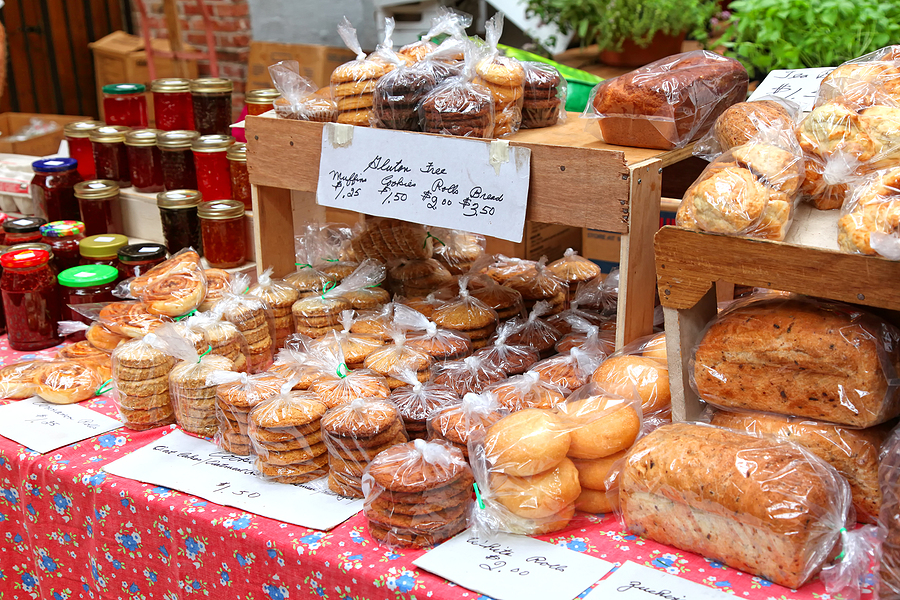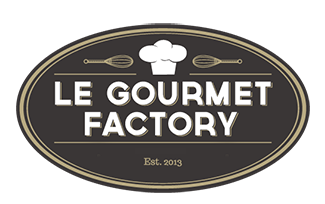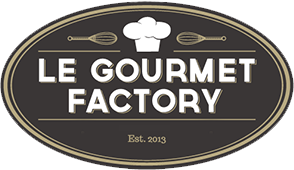Are you looking to turn your homemade foods into a thriving business? The allure of farmers markets is unmistakable and offers an excellent opportunity for local entrepreneurs to showcase their products to the community. If you are ready to start selling at a farmers market, it’s essential to understand that success isn’t just about making delicious homemade foods – it’s about smart planning, understanding your market, and tapping into the vibrant local economy. Let’s explore the practical steps to transform your culinary talents or artisanal crafts into a profitable venture at your local farmers market.
Understanding the Farmers Market Scene
Farmers markets are more than just places to sell; they’re platforms for connection and community engagement. As a food vendor, you’re not only offering a product but also contributing to the market’s selection and diversity. Before you begin, visit several markets to observe and understand what products are popular, how other vendors set up their stalls, and what customers are looking for. This will give you invaluable insights into your potential market fit.
Get the Required Documentation
The first step in becoming a farmers market vendor is obtaining the necessary licenses and permits. These requirements vary by location and market, but generally, you’ll need a business license, food handler’s permit, and possibly other specific permits related to food safety and sales. Contact your local health department and the market organizers for detailed information. Compliance is key, as it not only protects you legally but also assures customers about the quality of your products.
Choose Your Niche
Your product choice is crucial. While traditionally known for fresh produce, today’s farmers markets are a place where people go to find unique, high-quality products that aren’t available in traditional retail stores. Consider what you are passionate about and what you can realistically produce. Then, research the market to see if there’s a demand for your product. You might find a niche in artisanal baked goods, gourmet sauces, or vegan snacks – the possibilities are endless.

Quality and Presentation
Quality is paramount in farmers markets, where customers look for the freshest and finest products. Ensure your offerings are not just delicious but also presented appealingly. Invest in good packaging and branding to make your products stand out. Remember, your stall’s appearance is as important as your products when it comes to attracting customers. Make sure your stall is well-organized and presents a visually appealing backdrop for your food products, as it reflects your brand’s commitment to quality. A captivating and professional presentation can significantly attract more customers.
Build Relationships
One of the biggest advantages of selling at a farmers market is the opportunity to build relationships with customers and other vendors. Engage with customers, share your story, and listen to their feedback. These interactions can provide valuable insights into customer preferences and help you tailor your products to meet their needs. Networking with fellow vendors can also lead to collaborations and shared learning experiences.
Accurate Pricing
When setting prices for selling at a farmers market, it’s vital to consider all the associated costs to ensure your business is both competitive and profitable. The stall fee or site location cost is a primary expense, varying based on market and location. Acquiring the necessary licenses and permits also adds to your overhead. Factor in the cost of physical setup, including displays, tables, and any other items need to set up your stall. Other expenses to consider when pricing your products include merchandise storage, credit card processing, and promotional items such as signs, fliers, and order sheets. By accounting for these expenses in your pricing strategy, you can price your products appropriately to cover costs and achieve a sustainable profit margin.
Marketing and Promotion
Don’t underestimate the power of marketing. Use social media, flyers, and local community boards to promote your presence at the market. Engage with customers online and invite them to visit your stall. Building a strong online presence can greatly enhance your visibility and attract more customers to your market stall.

Selling at a Farmers Market? Consider Renting a Commercial Kitchen
Preparing food for a farmers market often requires more space and equipment than what’s available at home. This is where a commercial kitchen can be invaluable, providing the space and professional-grade equipment you need to prepare large quantities of food efficiently and in compliance with health regulations. With a commercial kitchen, you can focus on creating and growing your business without the constraints of a small, ill-equipped kitchen.
Whether you’re already selling at a farmers market or are just getting started and thinking about renting a commercial kitchen, look no further than Le Gourmet Factory. Conveniently located in Englewood NJ, our facility hosts six fully equipped commercial kitchens able to accommodate all your culinary needs – cooking, baking, and prep work. Each kitchen is Board of Health certified and kept clean and sanitary to the highest standards. All you need is a food safety manager’s certificate, to obey all health codes while using our facility, and to leave the kitchen as clean as you found it.
Want to learn more about Le Gourmet Factory? Check out our FAQs! If you’re ready to get started, tell us a little about your business and we’ll set up a discovery call to help you choose the perfect commercial kitchen rental. Embrace the journey of selling at a farmers market – your culinary adventure awaits!
Farmers Market FAQs
What documentation do I need to start selling at a farmers market?
To start selling at a farmers market, you generally need a business license, food handler’s permit, and possibly other specific permits related to food safety and sales. The exact requirements vary by location and market, so it’s crucial to consult with your local health department and market organizers.
How do I determine the best products to sell at a farmers market?
Choose products based on your passion and what you can realistically produce. Research market trends and customer preferences to see if there’s a demand for your product. The goal is to find a niche that sets you apart, whether it’s artisanal baked goods, gourmet sauces, or vegan snacks.
Why is the presentation of my stall and products important?
Presentation is key in attracting customers. High-quality, visually appealing displays and packaging reflect your brand’s commitment to quality and can significantly increase customer interest and sales.
How can I effectively price my products?
When pricing your products, consider all associated costs such as stall fees, licensing, setup expenses, storage, credit card processing, and promotional materials. Pricing should cover these costs while remaining competitive and profitable.
What are the benefits of building relationships at a farmers market?
Building relationships with customers and fellow vendors at a farmers market can provide valuable feedback, help tailor your products to meet customer needs, and create opportunities for collaborations and shared experiences.
How can a commercial kitchen benefit my farmers market business?
Renting a commercial kitchen provides the necessary space and professional-grade equipment for efficient food preparation, allowing you to create larger quantities and maintain quality. It also ensures compliance with health regulations.
Where can I find a commercial kitchen suitable for preparing my products?
Le Gourmet Factory in Englewood, NJ, offers six fully equipped commercial kitchens perfect for various culinary needs. Each kitchen is Board of Health certified, ensuring a clean and sanitary environment for food preparation.
How do I get started with renting a commercial kitchen at Le Gourmet Factory?
To begin renting a commercial kitchen at Le Gourmet Factory, simply fill out the form on our website to tell us about your business, and we will arrange a discovery call to help you choose the perfect kitchen rental for your needs.

